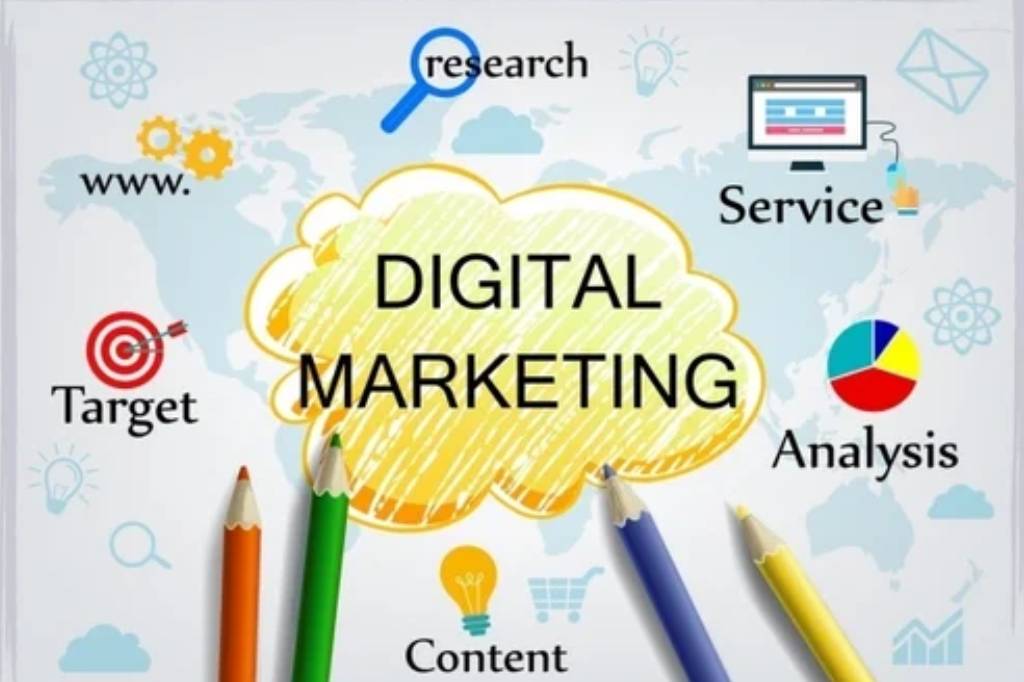AI is set to have a big impact on high-wage, white-collar, and tech jobs, according to a new Brookings Institution study released today. The report analyzes overlap between job descriptions and patent database text, using NLP to assign each job an exposure score.
“High-tech digital services such as software publishing and computer system design — that before had low automation susceptibility — exhibit quite high exposure, as AI tools and applications pervade the technology sector,” the report reads.
The AI exposure score was created by researcher Michael Webb to predict the likelihood AI will affect certain cities, regions, occupations, industries, or demographic groups, but is not designed to determine whether that impact is positive or negative.
Exposure to AI could mean that the tech will likely augment or change how certain occupations work, or it could mean a higher likelihood AI will take your job.
According to the study, better educated people and groups like white and Asian men are the most likely to encounter high exposure to AI, while industries with high numbers of women are less likely to experience exposure.
“Better-paid, white-collar occupations may be most exposed to AI, as well some agriculture and manufacturing positions,” the report reads. “Whereas our and others’ work has shown that less-educated, lower-wage workers appear most exposed to potential disruption from robotics and software, Webb’s AI exposure estimates and our analyses here suggest the opposite pattern: Better-educated, better-paid workers will be the most affected by the new technology, with some exceptions.”
In all, 18% of occupations assessed saw high exposure to AI, 34% medium exposure, and 48% low exposure. Less tech-heavy regions like the Sun Belt and cities like Las Vegas were less likely to see high AI exposure scores than tech centers like San Jose, California or Seattle.
Exposure scores were calculated, then normalized with a mean of zero, so the higher the score, the higher the overlap.
That means someone like a market research analyst is extremely likely (+3.03) to be impacted by AI, while cooks (-1.37) and dental assistants (-0.79) were far less likely to experience change as a result of AI.
Webb got started by identifying a pool of 16,400 AI patents with words like “neural network” in their titles or abstracts, then used NLP to identify 8,000 verb-object pairings like “diagnose disease” or “recognize aircraft.”
Previous estimates by Brookings earlier this year found that automation had the potential to affect between 35% and 45% of jobs in most parts of the United States.
Like existing reports on the future of work, high exposure was found among people who work in textile or motor vehicle manufacturing, but unlike others the work predicts relatively little impact from AI for a range of industries and jobs. In fact, it goes so far as to call the health, education, retail, and food services industries “relatively immune to AI.”
The report says, “low-wage service industries that were highly vulnerable to more standard automation in earlier analyses now reside among some of the least-exposed industries when it comes to AI.”
Many previous works looking at the impact of AI on the future of work created subjective ways to measure the impact of automation, according to Brookings analysis. The Brookings report is also unique in the distinction it draws between automation and artificial intelligence like machine learning.
Beyond exposure scores, the impact of AI has been predicted to reshape capitalism, increase the divide between haves and have-nots, and even create a new AI-powered economy called surveillance capitalism.
The report cites the work of Erik Brynjolfsson and Tom Mitchell, researchers who are looking for ways to quantify and measure the impact of AI on economies and populations.
Economists fundamentally lack the quantitative sources of data necessary to monitor or predict how the labor market will respond to rapid advances in AI and automation, Brynjolfsson and other researchers argued in a paper earlier this year.
Content Copyrights Belong to The Author. All Rights Reserved.
We're A Dallas Digital Marketing Agency That is Experts At Social Media Marketing, Website Design and Emarketing and Promotion.




